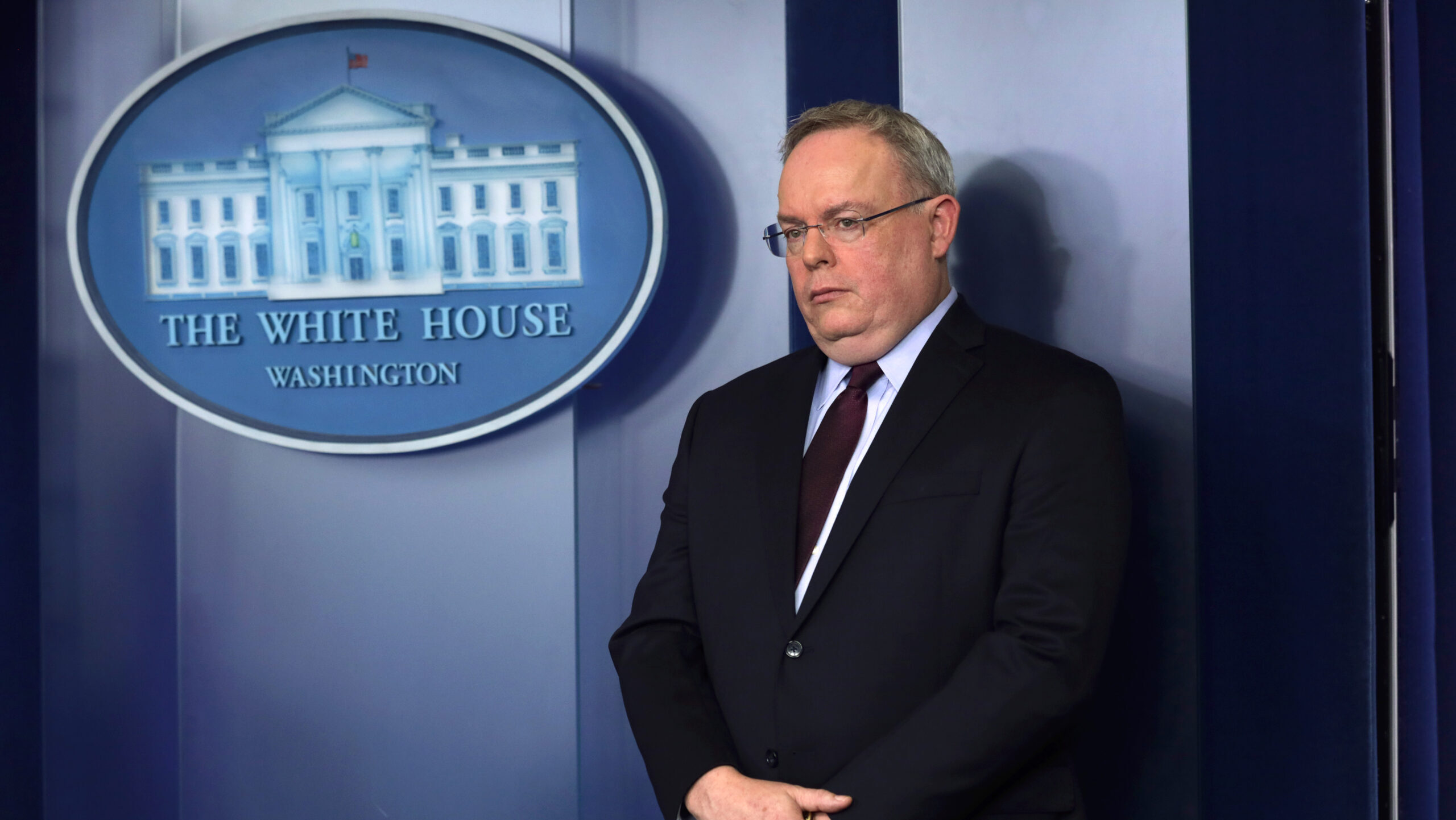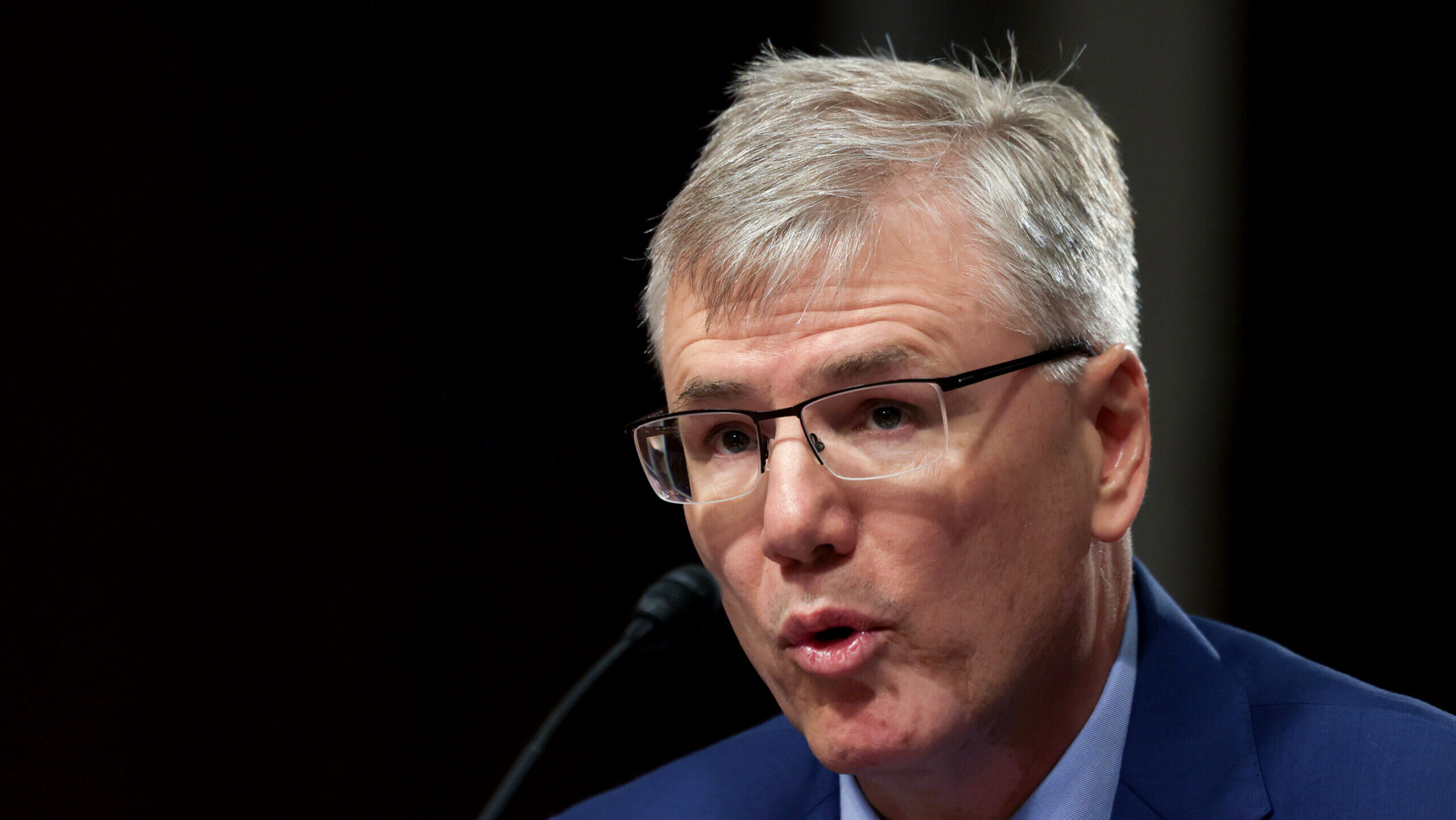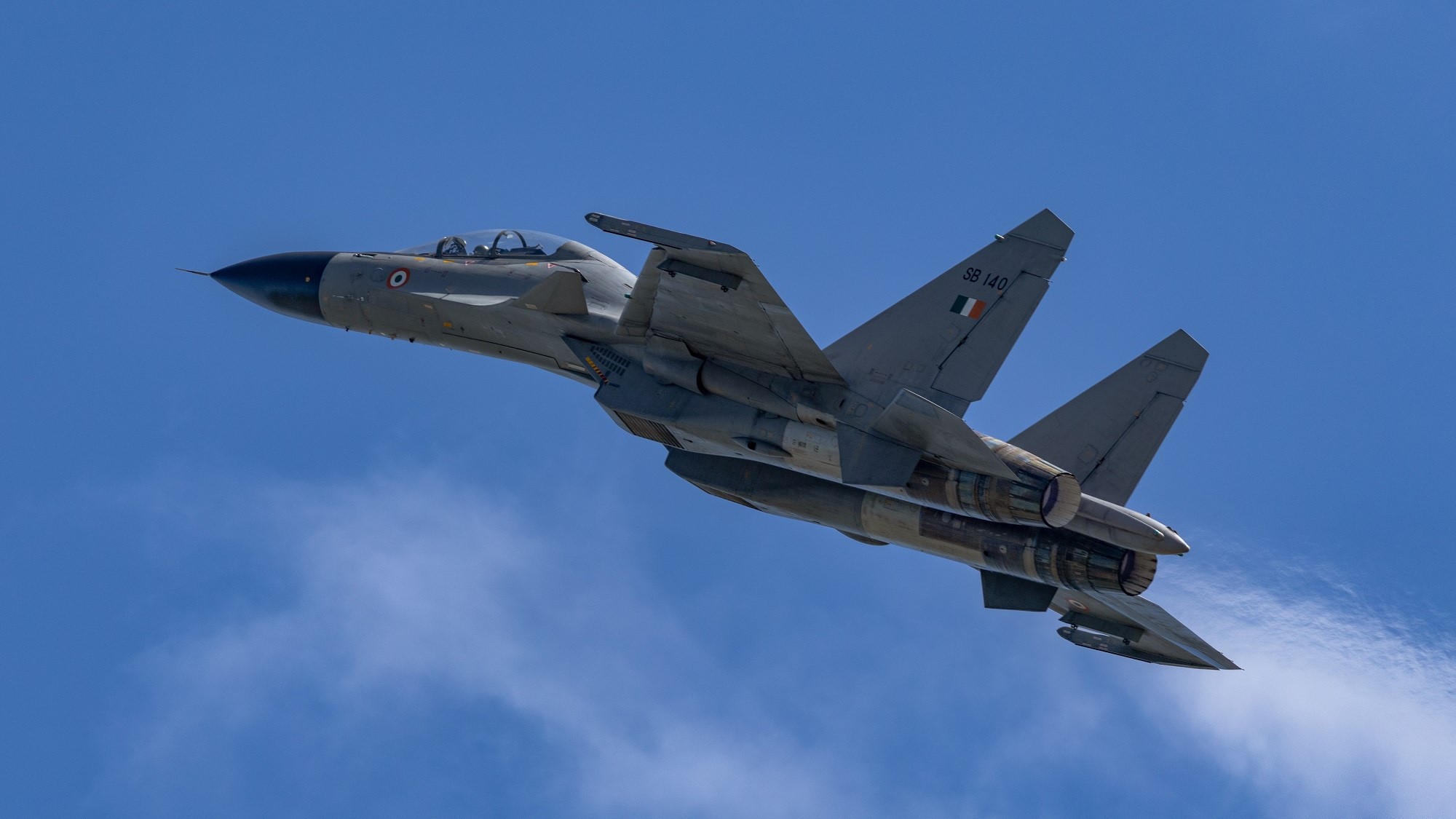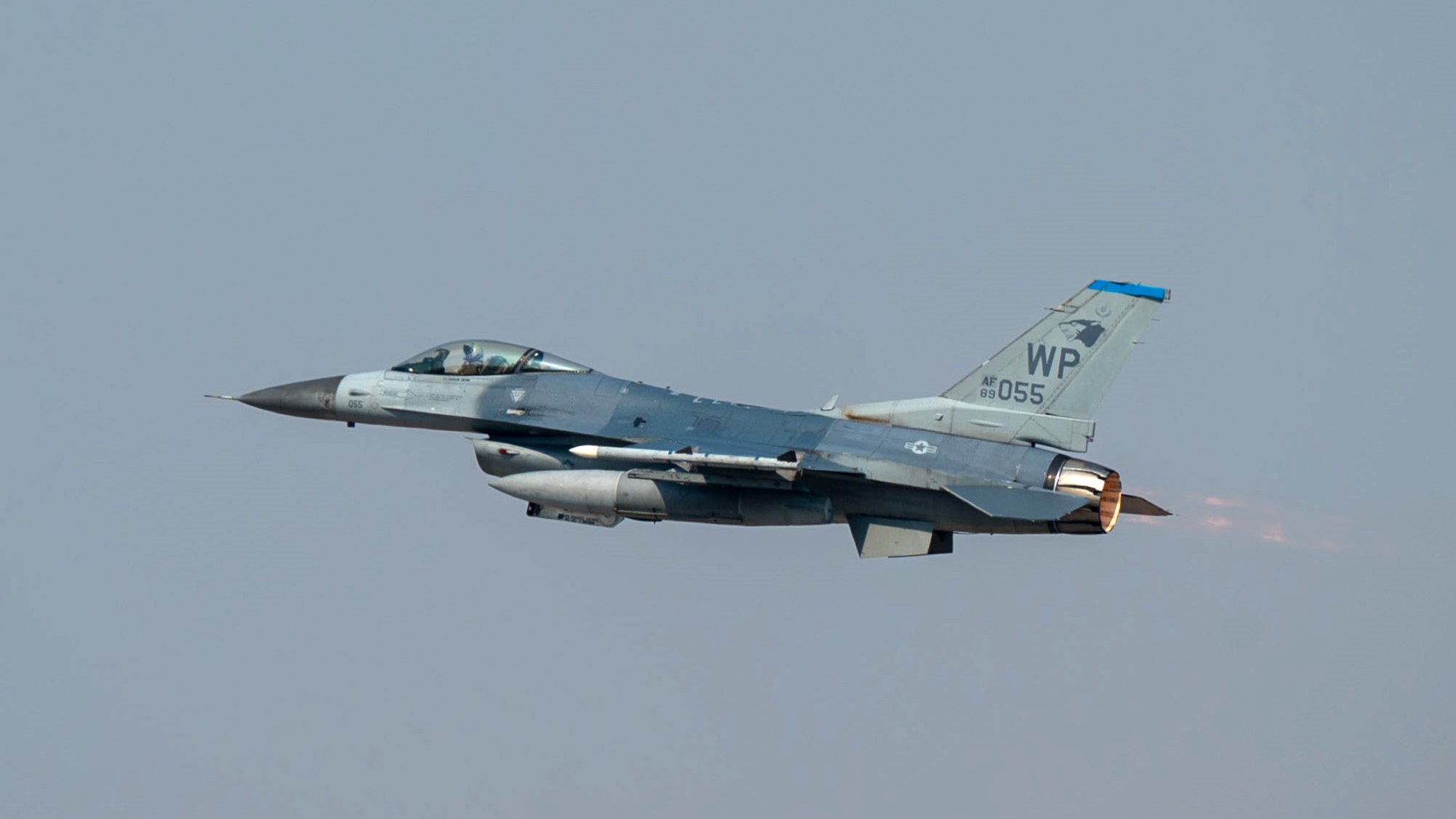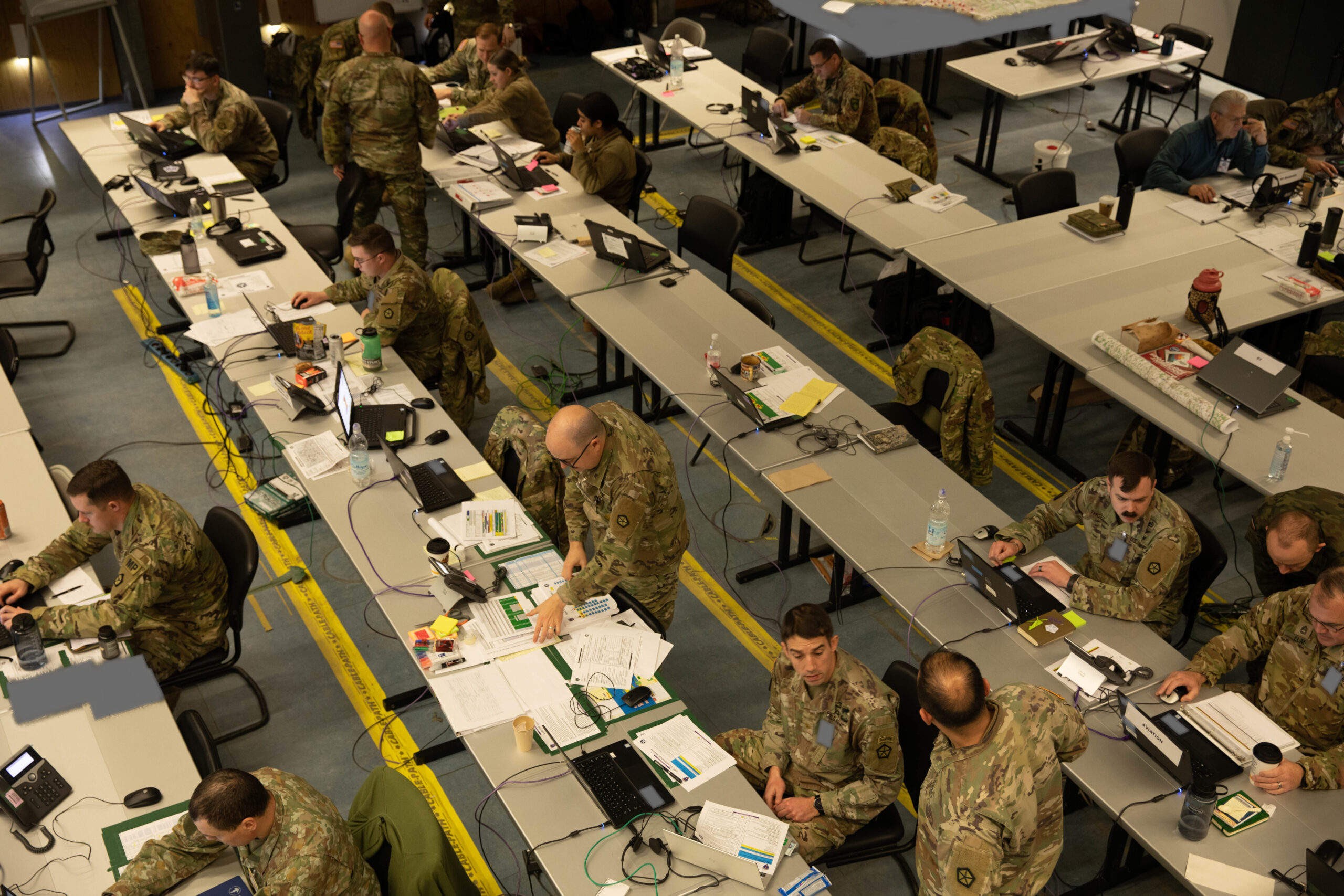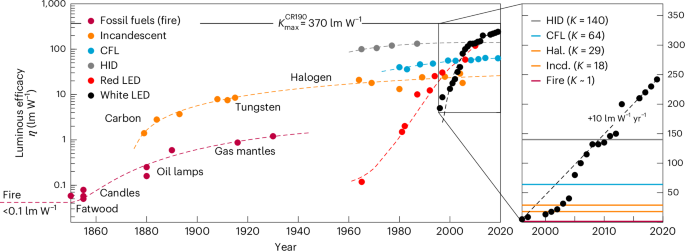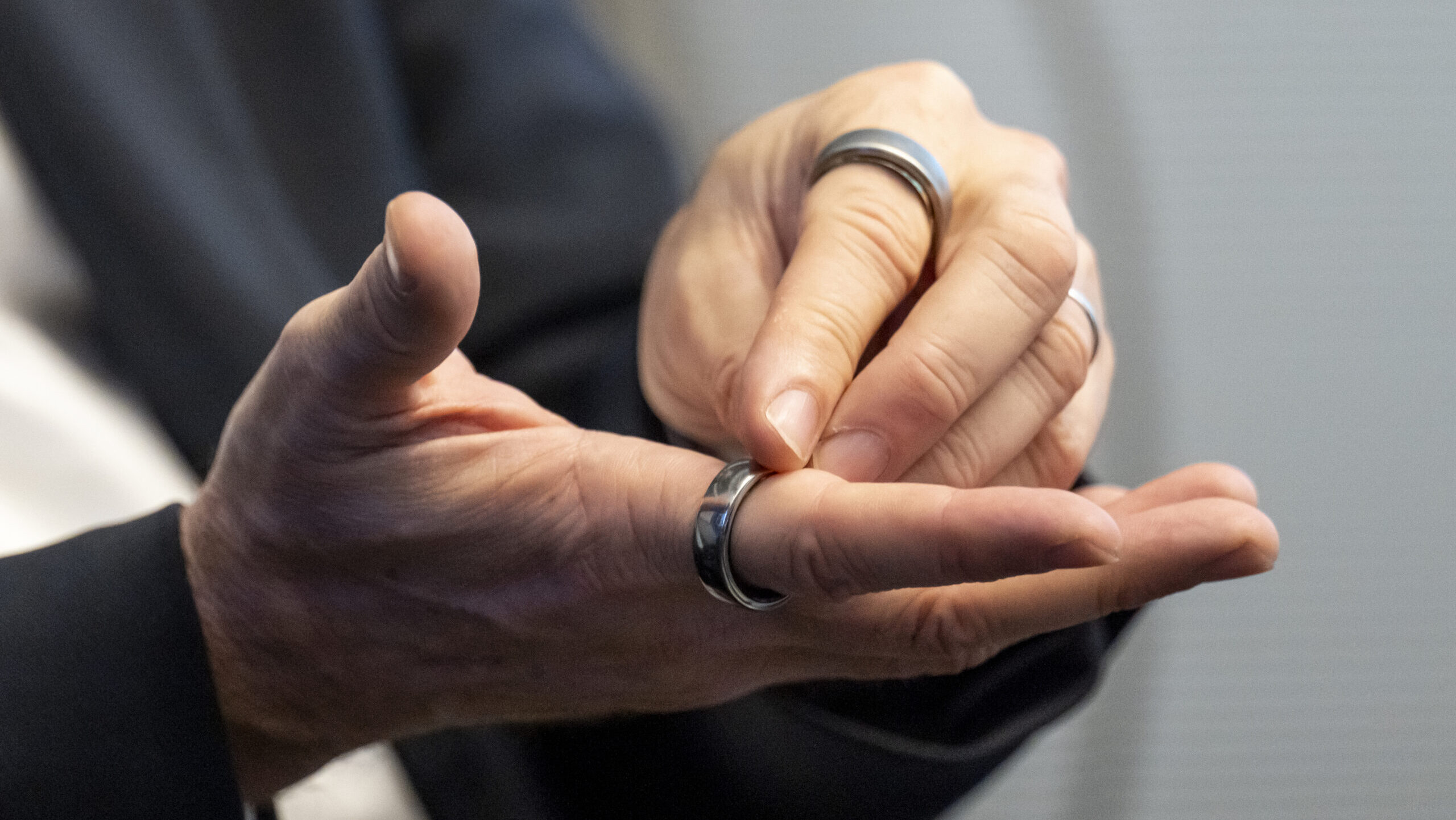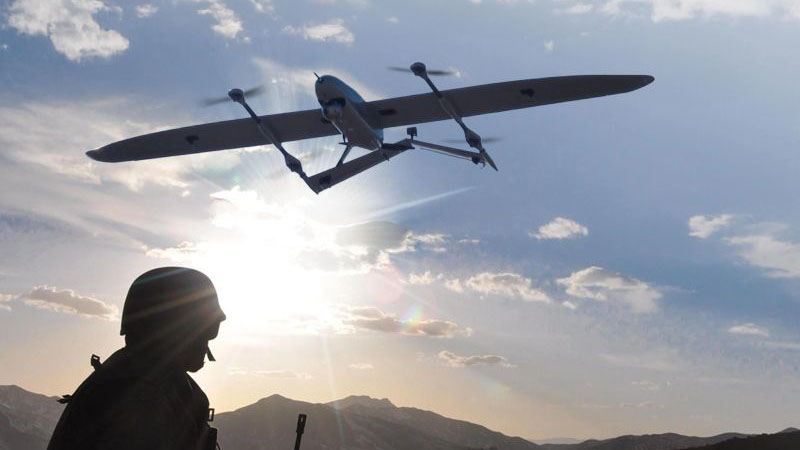Four steps Trump can take during his Middle East visit to contain Iran
Jacob Olidort of the America First Policy Institute suggests several moves President Trump can do during his upcoming visit to the Middle East to preempt Iranian retaliation and keep Iran on the defensive.
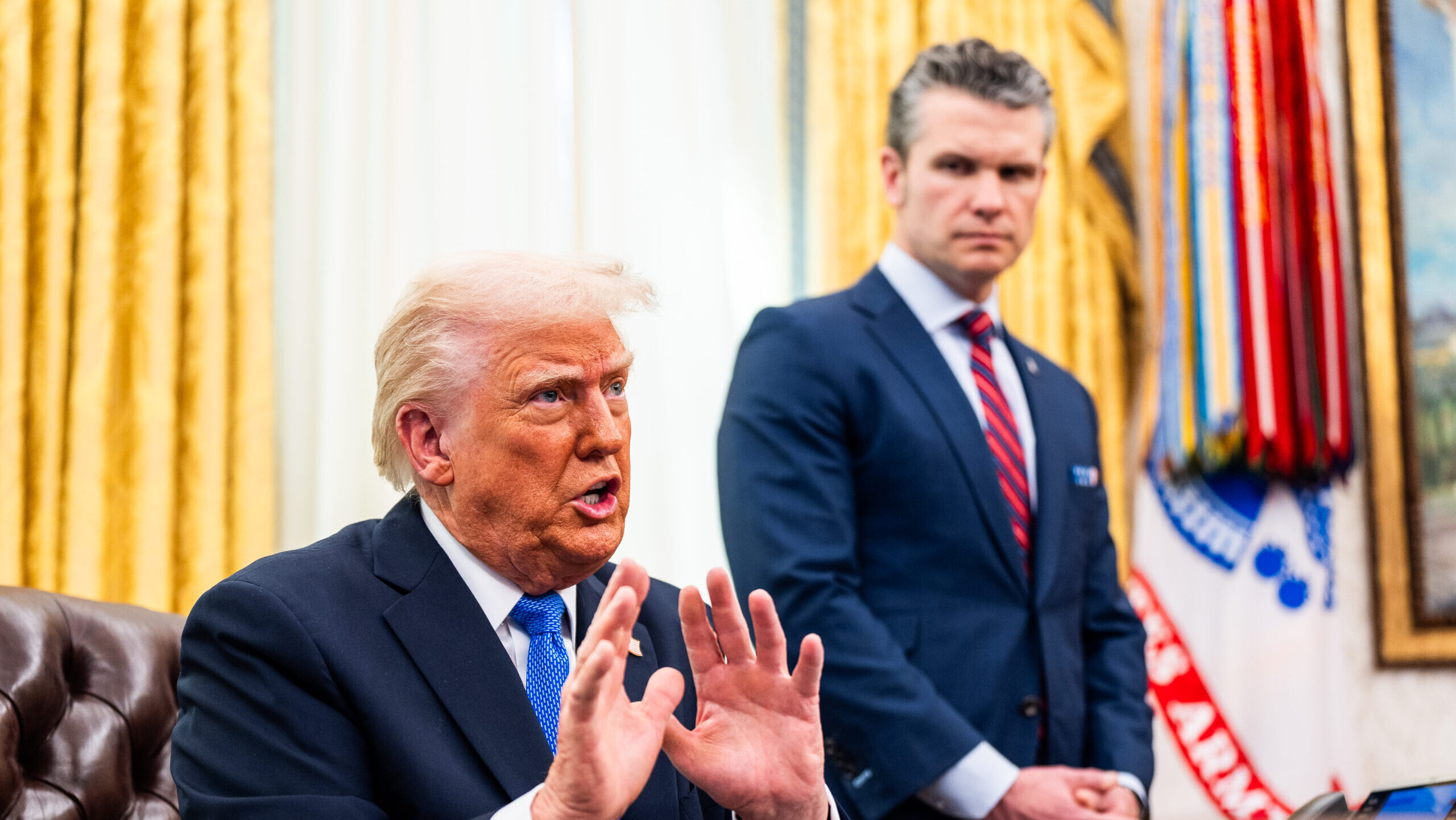

US President Donald Trump speaks during a meeting in announcing the F-47 6th generation fighter jet in the Oval Office of the White House on Friday March 21, 2025.
(Demetrius Freeman/The Washington Post via Getty Images)
The White House this week announced that President Donald Trump’s first overseas trip of his second term will take him to the Middle East, with stops in Saudi Arabia, Qatar and the United Arab Emirates.
This visit will be especially significant because Trump has correctly zeroed-in on the Middle East to resolve today’s global crises — from the threats facing Israel, to the future of Gaza, to the Ukraine war. He has also taken strong actions against the single actor at the center of each of these flashpoints: the Iranian regime.
The timing of the visit is crucial. Direct negotiations are already underway between the US and Iran regarding the future of Iran’s nuclear program, a critical potential crisis with far-reaching consequences for regional and global security.
Trump has set a clear objective for these negotiations: the complete dismantlement of Iran’s nuclear program. He’s also set a firm tone, backing up his stance with decisive action. He welcomed Israel’s Prime Minister to the White House twice, launched airstrikes against Iranian-backed Houthis in Yemen, and deployed substantial US military assets to the region.
It’s no secret that the window for negotiations with Iran is short — and that military action will likely follow if diplomacy fails. Diplomatic outreach by Trump and his team is commendable and must be supported, but we must be clear-eyed about the Iranian regime, particularly in light of its past behavior.
Iran will try to use negotiations to buy time as it rushes towards a nuclear weapon. Trump wisely continues to remind the ayatollahs that he will pivot to military options should Iran not negotiate in good faith. The goals for this visit can therefore be twofold: US assurance to our regional partners and coordination on negotiations and preparation if they fall apart.
The objective will be to preempt Iranian retaliation and to keep the regime on the defensive. There are four steps the US and its partners should take to achieve this goal:
First, increase visible military activity. The US and regional partners must conduct joint drills focused on missile and drone defense, anticipating the kinds of attacks Iran is likely to launch at Israel or other US partners in the future. Those drills should also be used to prepare for offensive strikes against Iran’s proxies if they’re activated as part of Tehran’s broader response.
Second, look at Russia. Russia has already warned of possible retaliation should Iran come under military pressure. We must be alert to the possibility of escalation across multiple theaters — and be ready to respond decisively wherever needed.
Third, assess non-military threats. Since Hamas’s Oct. 7 attack, the Iranian regime has conducted cyberattacks, plotted assassinations, and mobilized global influence campaigns — including pro-Hamas demonstrations on US college campuses.
Fourth, shore up regional partnerships around protecting Israel. Twice over the past 18 months our regional partners came to Israel’s aid when Iran launched massive barrages of ballistic missiles and drones. Iran’s attacks, one of which was the largest ballistic missile assault in history, targeted major cities across Israel. Despite the scale of the assault, most of the projectiles were intercepted mid-air and caused only one casualty.
The support for Israel from our regional partners has been multifaceted. The collaboration between Israel and our partners, alongside their quiet support for Israel behind the scenes — which included blocking a bigger Arab embargo on Israel in the immediate aftermath of Oct. 7 — all this support for Israel exposed our Arab partners to Iran’s wrath. These countries are geographically nearer to Iran and the Iranian regime certainly has taken note.
The United States and its partners must prepare for the day when negotiations inevitably fail. The aforementioned steps will not only help prepare for that day but will help continue to build our leverage in those talks. Most importantly, they are the right thing to do independent of negotiations to bring while, at the same time, putting the region back on the path towards peace.
Jacob Olidort, Ph.D. is Director of the Center for American Security at the America First Policy Institute.

























































































